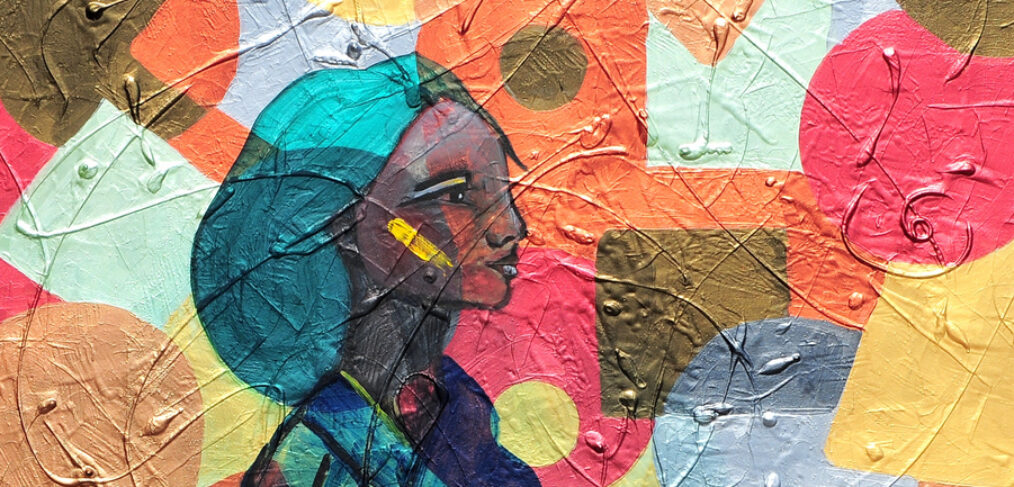Life can be inconsistent. Why do you sometimes feel like you’re buried in baggage and history, and sometimes you can move forward unfettered? The difference can be how interesting your work or life activities are. You may be involved in what you perceive to be cumbersome pursuits, while at other times your life can be interesting and exciting. Sometimes the difference is purely psychological. During the times you feel weighted down, you may feel there is no escape from the narrow tunnel you’re in. You may feel there are forces in play that keep your life in constant drudgery, and you aren’t able to defeat them. At other times, even when engaged in the same activities or tasks, you feel energized and invigorated. The work seems light and even fun. If you could figure out the difference between these two scenarios, would it be possible to always keep it fresh?
My son is twenty-one, and I trust him completely.
Well, almost completely. He’s tried to pull some fast ones over the years, but on the whole, they’ve been very minor. I’d almost be worried if he hadn’t. All of us go through a process in our relationships of establishing how much we trust one another and how trustworthy we are. Part of that includes exploring the boundaries and finding the balance between words and actions that we perceive as beneficial to us (e.g., a child getting away with something) and those that build trust. In terms of trust in relationship with others, there are several ways to think about it. One is the component of trust in the parts of our lives that come with significant responsibilities, such as taking care of our children, as well as other aspects of our relationships and our professional duties. Another is our trust in others based on the strength of the relationship. This kind of trust depends on our experience with other people as well as how trustworthy we are. We can also think about trust as an attachment to a certain outcome—we trust something is going to happen. While this isn’t necessarily bad, we should guard against becoming too attached to a particular behavior or condition and stay open-minded as to what we might encounter on our path.
Each of us makes many choices every day. Some of them are commonplace (what will I have for breakfast?), while some are weighty (should I look for a new job?). All of our choices have consequences, some of which we know and take into account and some of which we’re unaware of or in denial about. It’s important that we understand why we make the choices we do (all of them) and the relationships between their potential consequences and our motivations. Our paths in life are driven by our motivations, and the clearer the pictures we have of what drives us down our paths, the better able we will be to sit squarely in the driver’s seat. It can be so easy to switch on cruise control and go wherever the road takes us based on what is visible through the windshield. But if we take the time to really understand where we want to go—what we want from life—and map out a route to take us there, we’ll be much more likely to make choices that are consistent with that path.
Who you are and how you engage with the world can be influenced by a variety of factors. These may include your needs, what you want to achieve, the influence of others, and your reactions to events. But the most significant driver of your identity and behavior should be your own values and worldview. For some, these might be, to some extent, influenced or even dictated by authority figures, e.g., parents, religion, or other individuals or groups with a creed or specific set of values that you have been expected to follow. However, it is important to live according to your own values and be true to yourself. Only by doing this can you live genuinely.
My family makes a big deal about birthdays. We decorate the house for my son’s birthday in July, and keep it decorated right through my wife’s birthday in mid-September (mine is in early September). Like many anniversaries, birthdays are just ways to count another year going by (and an opportunity to eat and drink well!). But milestones go beyond tracking time and having celebrations. For many, they have a deeper meaning. They honor an auspicious occasion and/or allow us to recognize the significance of others’ presence in our lives. They’re also great opportunities to take stock of our lives—where we’ve been and where we’re going. To me, milestones are important, and reflecting on them contributes significantly to giving my life meaning.





